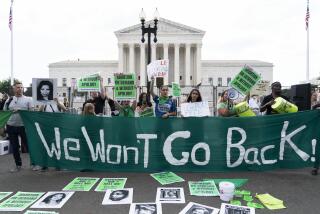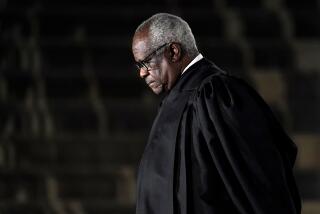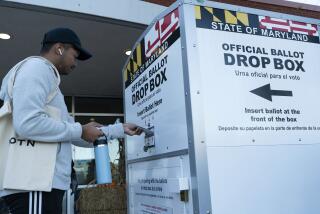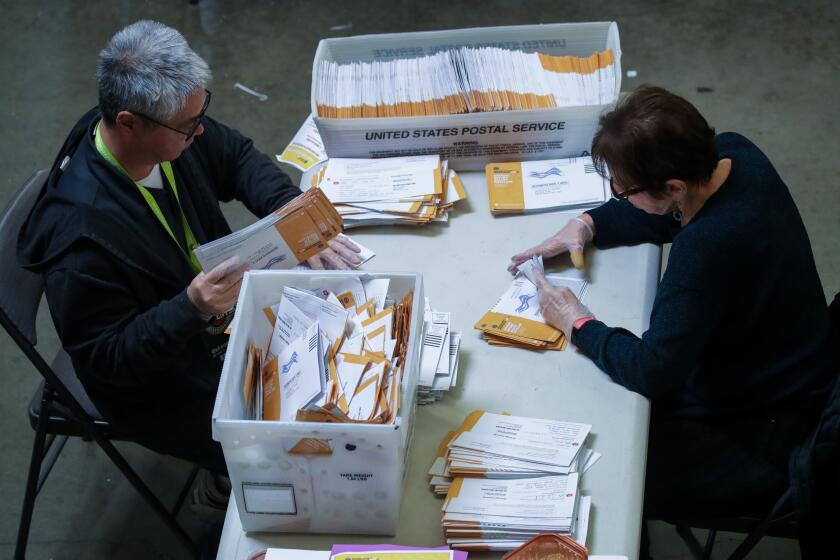A wrong decision by the Supreme Court on civil rights
It’s the stuff of a television crime drama: Prosecutors withhold blood evidence that would exonerate the defendant in an attempted armed robbery case. The defendant is then convicted of an unrelated murder after a trial at which he dared not testify lest his previous robbery conviction be mentioned. After 14 years on death row, his execution is imminent. At the last minute, evidence clearing the defendant of the robbery attempt is produced. Later he is tried again for the murder and acquitted.
This actually happened and, not surprisingly, the longtime prisoner, John Thompson, wanted redress. He sued the office of Harry Connick Sr., at the time the district attorney in New Orleans, under a civil rights law allowing damages for the deprivation of constitutional rights. At trial, Thompson received $14 million plus lawyers’ fees. But the Supreme Court last week overturned that award, writing an unhappy and unjust ending to Thompson’s dramatic story.
Under the Supreme Court precedent of Brady vs. Maryland, prosecutors are obliged to give the defense information favorable to their clients. In Thompson’s attempted robbery case, the prosecution possessed the report of a blood test performed on the trousers of one of the victims. It showed the blood as Type B; Thompson’s is Type O. But the report wasn’t turned over.
In his majority opinion, Justice Clarence Thomas didn’t dispute that Thompson was wronged — how could he? — but he said the district attorney’s office couldn’t be held responsible for a single violation of a defendant’s rights. Under the court’s precedents, a policy or pattern was required. As a general proposition, Thomas is right. Every employer, including district attorneys’ offices, has rogue employees, and holding a municipality responsible for a single individual’s transgressions would cause a wave of litigation.
But Thompson made a persuasive argument that Connick’s failure to provide training about the Brady rule made it easier for individual lawyers to violate the law. In her dissent, Justice Ruth Bader Ginsburg said that Brady violations in Connick’s office were not confined to this case: They “were not singular and they were not aberrational.” She noted that in Thompson’s case alone no fewer than five prosecutors deprived him of his rights.
A victory for John Thompson would have been sweet vindication for a victim of massive injustice. But it also would have put government officials on notice that they fail to train and discipline their employees at their peril. The court got this one wrong.
More to Read
A cure for the common opinion
Get thought-provoking perspectives with our weekly newsletter.
You may occasionally receive promotional content from the Los Angeles Times.






